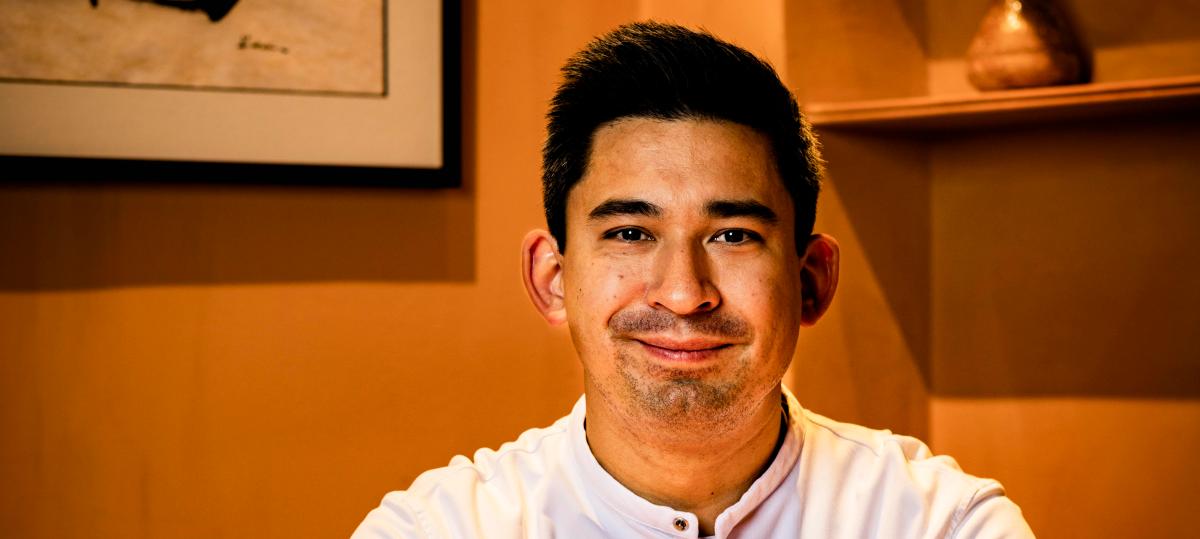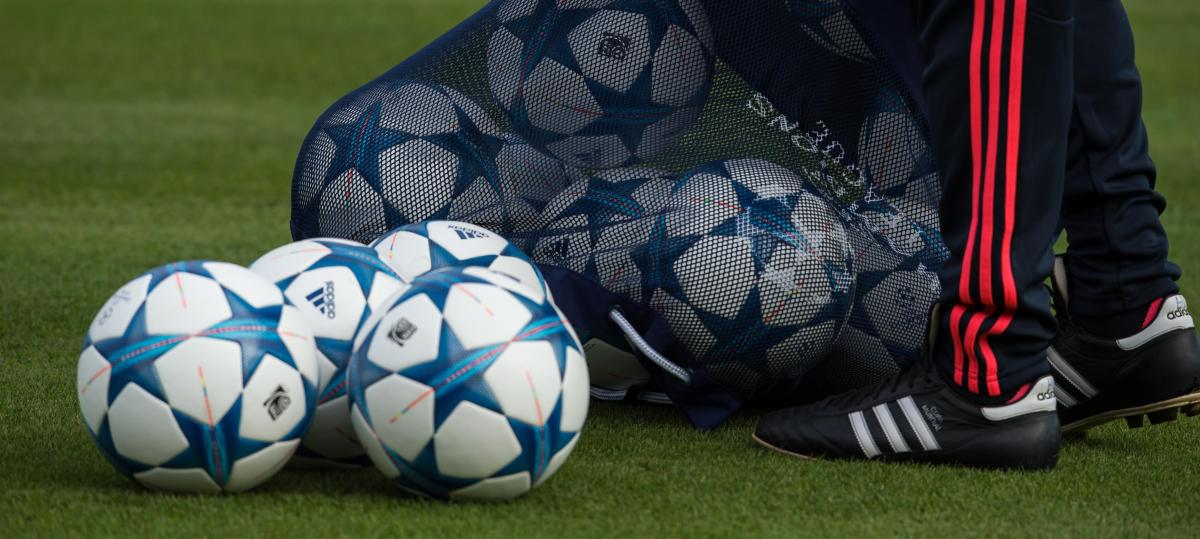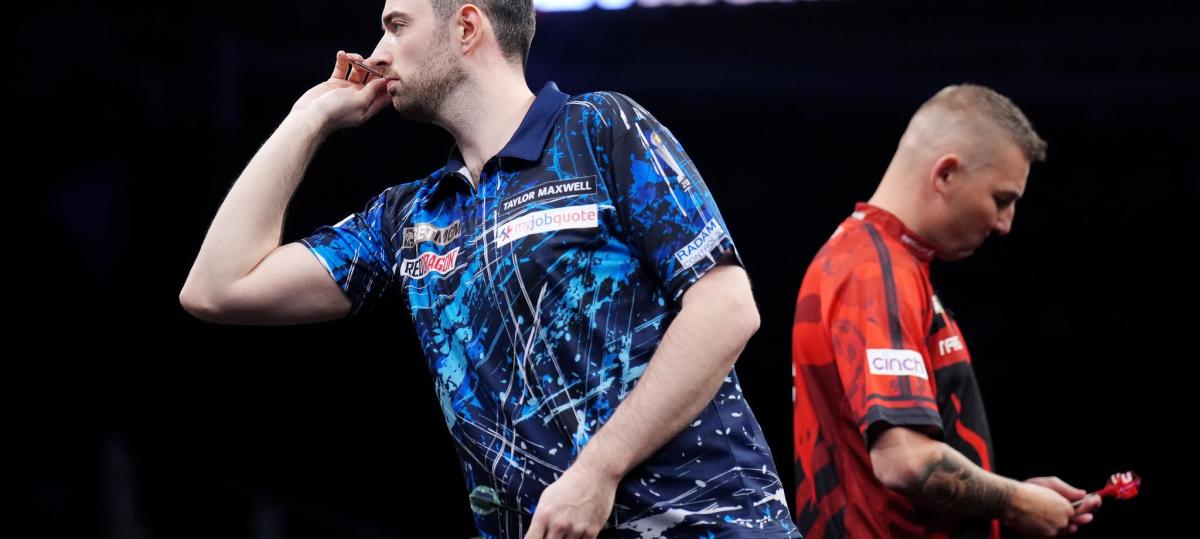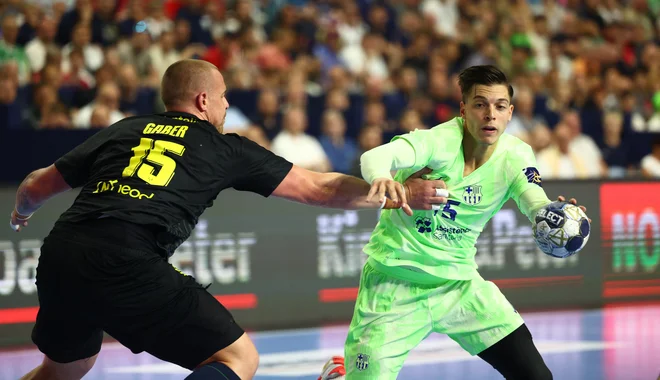« Working in the star kitchen is like high -performance sport »

Good morning Mr. Nakamura, did you already have breakfast today?
Tohru Nakamura: No, I usually get up, drink a coffee and that’s it. The hunger only comes at noon.
And then what is there?
Nakamura: Nothing special. Dinner with our 15-member team is much more important to me, so I really attach importance to it. We always have a motto, last week there were Austrian dishes, the Viennese bakery was delicious, yesterday we cooked pasta. We don’t eat lobster, caviar and truffle here, but it should taste good and be of high quality.
Sounds like a relaxed atmosphere. Star chefs often say that things go very roughly in the kitchen.
Nakamura: With all the discipline and accuracy that we have to show, it is important to me that the mood is not too tense. During the preparations in the afternoon, music runs, mostly danceable electric, we move through the kitchen in a dancing. But when it starts, the music is over and we are all calm and concentrated. In the past I hardly did any sport, I wasn’t so balanced. You can steer the atmosphere in the kitchen, but it also hangs on the concept. A fixed menu as we offer can be planned better than eating à la carte, we can create structured processes in the kitchen, which brings in peace.
You learned from the best chefs. Was the atmosphere different?
Nakamura: It was very different. I started with Martin Fauster in the Königshof in Munich, so it was often hectic, the size of the restaurant alone required top performance. I learned the finishing touches from Joachim Wissler. When he came into the kitchen, it became quiet as in the concert hall when the Maestro takes the stage. He works very calmly and precisely. And then I came to Sergio Herman and thought what’s going on here? He is the rock star under the star chefs, stands in jeans and t shirt and presents a completely different pace.
In the meantime, they have two Michelin stars themselves. How would you describe your way to top gastronomy?
Nakamura: It was a rocky path. I had some colleagues who gave up because it was too violent. Working in the star kitchen is like high -performance sport. If an athlete wants to be there at the Olympics, he has to train hard every day, there is not much with sleeping in and free time. It is the same in the star cuisine, even if I never felt a lot of work as a deprivation. Talent alone is not enough, you have to carry this passion to you to hold out.
What has your passion fueled?
Nakamura: I was fascinated by cooking as a little boy and worked around my parents’ kitchen. They liked to cook themselves, especially my mother. She is German, my father comes out JapanFunnily enough, she cooked Japanese more often than him. I’m in Munich Growing up, but my father gave me a lot of Japanese culture. On Saturdays I had to go to the Japanese school, which of course I didn’t like so well back then. As a compensation, my mother often boiled up big.
Is your cooking style more shaped by European or Japanese cuisine?
Nakamura: This is located in the palate of the viewer. I probably feel my style more European than most guests, if only because I use products such as butter or créme fraiche that are certainly not classic Japanese. But I also integrate Japanese flavors, use soy sauce, put a sauce with sake instead of white wine or stain the pork fillet with fermented rice. The taste may still work European, but the technology comes from Japanese cuisine. I find it exciting to combine culinary worlds in such a way, there are no rules.
In your restaurant in Munich you serve menus with up to 13 gears. What inspires new creations?
Nakamura: Every new dish is created in the head. A composer can listen to his music in my head, I can imagine tastes. When I think of asparagus, I immediately have several flavors on my tongue. Green, white, fried, cooked. So I can play Lego in my head and think about which building blocks fit together. Some cooks may feel inspired by a picture of Monet, I open my aroma drawer in my head and trust my gut feeling. I am often inspired by the season or the mood in the city.
How long does it take for an idea to end up on the plate as a dish?
Nakamura: Several weeks, I work closely with my team. The first idea ends up on paper, then we tinker, cook sample and straighten up on different plates. Because we want to find out how the individual components best harmonize visually and stylistically. One might think that the taste remains the same, but depending on how the ingredients are arranged on the plate, there are other taste chords. We try around until everyone in the team is satisfied.
What does a normal day look like in the life of a two-star chef?
Nakamura: For me, he starts very unavoidable by bringing my two children to school. That is also important to me. Ideally, I jog to the Isar, then mostly have meetings. I am in the kitchen at half past six at the latest. With our team we prepare everything, then eat together before you start.
Are you nervous before the guests come?
Nakamura: I don’t have sleepless nights anymore, I’m too tired in the evening. But there is always a certain nervousness, which is also important if everything is to be perfect. There is a last check every evening. Are the curtains at the same height? Is the distance between the lamp and table? Then the light is dimmed, I slip into the cooking jacket and then this moment is silence before the curtain falls. A pleasant basic voltage. I am more tense when we introduce a new dish because then we are not yet well recorded and do not know how it matters with the guests.
There is often talk of a crisis in top gastronomy. What do you say?
Nakamura: I don’t notice that. There is this cliché that the German expensive engine oil buy, but the cheapest oil tilt on their salad. That just is no longer true, people in this country are now willing to spend more money on food. But of course, the competition in top gastronomy is increasing and thus also the financial pressure, in Germany alone there are now over 350 star restaurants.
Setting up there means stress and long working days. How much time remains for the family?
Nakamura: Not much, but for me quality counts more than the quantity. A free Saturday evening is like Christmas for me, it just happens super Then I walk through the city and be amazed at the hustle and bustle. You can’t even eat quickly without a reservation, that’s crazy.
Can it be a kebab if necessary?
Nakamura: Sure, if the quality is right and the kebab is passed on with passion. With my children I like to go to Hans Kebab on the Viktualienmarkt. Ice mountain lettuce or colorful wild herb salad, stubborn tomato slices or mature cherry tomatoes, little things often make the difference. Essen also lives from the right atmosphere. I would not order a fried sole on a Bergalm and I don’t want to eat spinach dumplings with parmesan and nut butter on the beach of Barcelona.
What does not come to you?
Nakamura: I can do without intensely mature cheese and like to do without innards and Natto. The fermented soybeans are a classic in Japan, but they are too violent for me. In the case of fermented people, the question often arises anyway, it is still good or can do it.
Then prefer to go to the better, which dish always works?
Nakamura: Japanese, white rice. If I don’t even eat it a week, I miss something, that’s my culinary oasis of wellbeing. I also love omelette, preferably with Japanese mayonnaise, she is my Guilty Pleasure anyway.
Speaking of Guilty Pleasure, do you also go to the competition?
Nakamura: Yes, that’s not a company espionage. I can remember dishes for a long time, but I don’t cook them the same way. I just like to go to eat and be inspired. It doesn’t always have to be unusual, you can learn something from the snack around the corner as well as from the three-star restaurant.
Sounds like in a thriller, but where were you eating last?
Nakamura: (laughs) at the Italian Dal Cavaliere at Rosenheimer Platz.
Where we are already at restaurants, prefer Bavarian or Japanese?
Nakamura: I like both but when I have to decide: Japanese because it offers more variety on the plate. Example ramen, you have a lot of broth in the bowl, but it is still more exciting than roast porch with bread dumplings.
Do you cook at home too?
Nakamura: Sure, it is really fun because it is much freer and more relaxed. I can’t just break out in the restaurant, so everything has to be cut, portioned and prepared exactly. I can improvise at home. I also like to cook on vacation when I don’t stand in the kitchen for a long time, I miss it.
Which kitchen appliance is underestimated?
Nakamura: Everyone is talking about the knife, but without a reasonable cutting board, the best knife doesn’t help. I prefer to use one of Japanese Hinoki wood, but just not such a terrible plastic pad.
They were as a jury member at « The Taste » and defeated Tim Mälzer at « Kitchen Impossible ». Triumph enough or would you like to have your own cooking show?
Nakamura: I always get inquiries for formats. However, since you have to be compatible with the ongoing restaurant operation and I cannot turn a show for several weeks at a time or a camera team can be put into my kitchen, it is difficult in time. But when a suitable format comes, we just have to plan it in the long term.
Otherwise what do you have in mind, a third star maybe?
Nakamura: Of course it would be nice to get a third star, but for me this is not a real goal in the sense of « Then the end is reached ». It’s not like the marathon run that you can arrive and rest. You can lose a star again at any time, it is an endless loop. You always have to give everything to stay with you. We try to do that every day.
To person:
Tohru Nakamura grew up near Munich and has German-Japanese roots. He started his cooking training in the Munich Hotel Königshof, after several stations he was chosen of the Werneckhof and in 2020 from Gault-Millau as the cook of the year. In December 2021, the 41-year-old opened his own restaurant « Tohru in the writing » in Munich. In 2022 it was awarded two Michelin stars.








